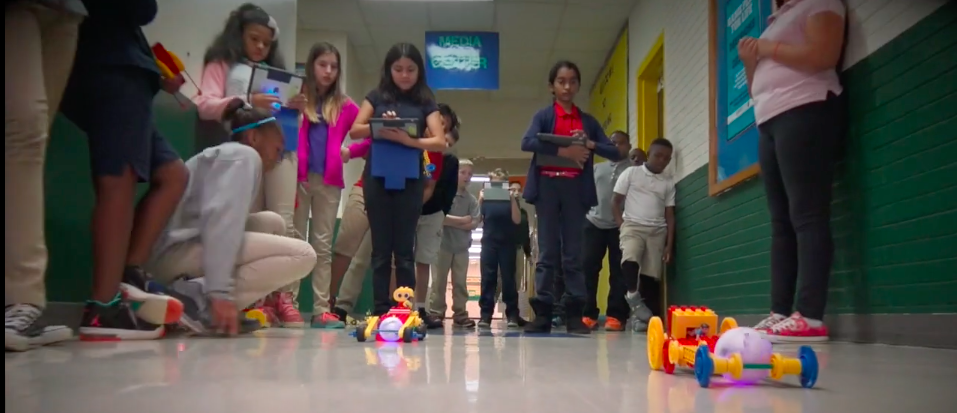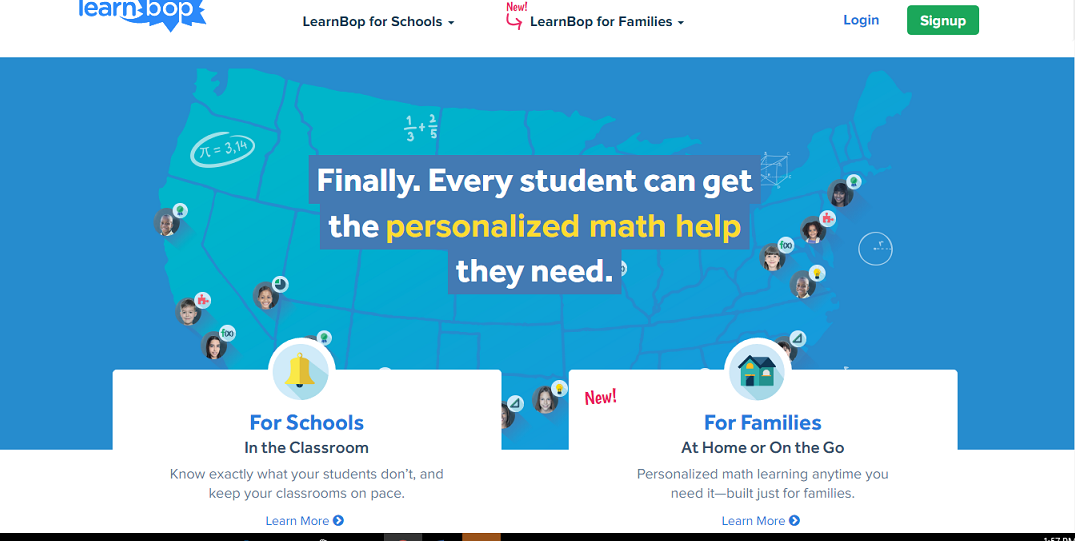Necessary Shifts: A Change in K-12 Teacher Education

In the not-so-distant past, public schools used to represent the most major building block in the education and socialization of students outside of the home. Young minds were molded by the teachers, administrators and friends they met in the confines of the school setting. Teachers had the ability to teach in much more isolated circumstances, even ten years ago, than they are able to do today.
With respect to the students of the past, modern classrooms are full of sophisticated youngsters that show up with a detailed view of the world formed from more than home life experiences. Instant access to knowledge from the age a child can press a touchscreen on a Smartphone and widespread socialization from as young as six weeks old in the form of childcare atmospheres mean that kids arrive at Kindergarten with less naivety than previous generations. Teachers are not handed a clean slate but rather one that is already cluttered with random knowledge that must be fostered or remediated.
Teacher Education Innovation
It stands to reason that if students are changing, teachers need to change too. More specifically, the education that teachers receive needs to be modified to meet the modern needs of K – 12 classrooms. There are policy and practice changes taking place all over the world – many driven by teachers – that address the cultural shifts in the classroom. Some that show a lot of promise include:
- Subject-specific recruiting by colleges and universities. The book Teaching 2030, written by 13 experts in K-12 classroom pedagogy, calls for education schools to stop letting in any and every education major in the broad sense of the subject area. Instead, the experts suggest that colleges become more selective to meet the demand of actual student need. Young people that are interested in teaching high-demand subject areas like mathematics, bilingual education, physical science and special education should be viewed as more valuable to institutions of higher learning. This needs-based philosophy addresses actual voids in the industry and better equips schools to meet students’ needs.
- Virtual learning options. Though colleges often get all of the attention when it comes to online learning programs, K-12 education is also shifting more toward distance learning options. During the 2010-2011 school year, 1.8 million students in grades K-12 were enrolled in some type of distance learning program. That is up from just 50,000 in the 2000-2001 school year, according to the International Association for K-12 Online Learning. This is a trend that teachers-to-be simply cannot ignore. Virtual learning is not reserved for only those that can afford it; 40 U.S. states have state-run online programs and 30 of those states provide statewide, full-time K-12 schools. The University of Central Florida is one of the only schools to offer a virtual-school emphasis for education majors that lets students apprentice with Florida Virtual School instructors.
- Continued classroom learning for administrators. Since the people at the top are generally the decision-makers, they should be required to return to the field every now and then. On the other hand, the teachers that are actually in the student trenches should be empowered to help change educational policy based on the reality of the modern classroom. The Center for Quality Teaching supports a “teacherpreneur” program that would “blur the lines… between those who teach… and those who lead.” Actionable strides toward closing the public education gap between teachers and administrators are necessary for real, effective change to take place in K-12 classrooms.
Public education in America needs teachers that are better trained to meet the needs of specific student populations, those that understand the necessary role of distance learning, and those that are willing to speak up to facilitate classroom change. Without these teachers, effective reform to meet global demand is not possible.
How have the roles of teachers changed over the years in your opinion? What is the single greatest obstacle that teachers face that stands in the way of maximum K-12 student achievement?
Click here to read all our posts concerning the Achievement Gap.





